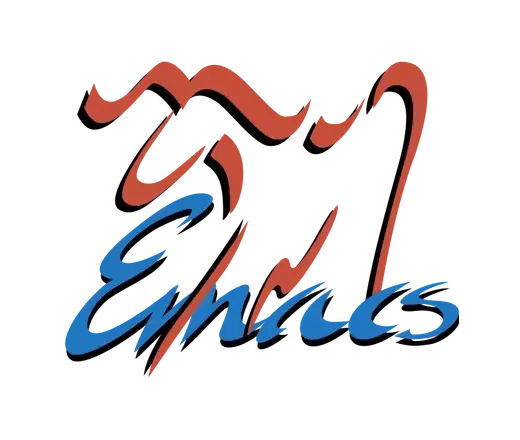To give you an honest answer: for that feeling of freedom. For most tools there exists a clear distinction between the developer elite and the unwashed user masses, where users only get to have a very curated experience decided upon by the elite. To make it worse, those tools often suffer from what I call “the redesigner syndrome”. It’s when a new ubermench designer(developer) takes over a part of the functionality, redesigns it to support 1-2 of use cases he’s interested in(aware of) and then makes the 10 other long standing ones worse or outright breaks them. To user concerns he smugly answers “well, you shouldn’t be even doing that”.
Emacs has the smallest distinction between the stuff imposed upon you and the stuff you select yourself. Then, it’s so easily customize-able that with practice, when you run into some task that can be automated, you’ll have a working solution within minutes. That solution would probably be a Lovecraftian abomination, but you may choose to share it with other hackers anyway, who would then use it as a building brick for even more abhorrent abominations of their own.


Learning Elisp is definitely worth it. If you learn it, you’d be able to immediately improve your workflow in minor ways, the moment you spot any things that can be improved.
In terms of mastery - Lisp is a very easy language to learn, it’s just that it’s a bit alien to the current C-imperative crowds, so takes maybe 1 month until you’ll be able to read it comfortably.
Learning resources are pretty great. Just go through the “An Introduction to Programming in Emacs Lisp”. The fact that you’re not a professional programmer is even better here, because those get too bored with it quickly. After that you can just read Elisp Reference on the need to know basis. Of course I also highly recommend you learn info too, because there’s a reason why us, Emacs people, love doing everything through Emacs. Anyway, a good goal for Elisp knowledge is being able to program in it comfortably without ever needing to google anything, just relying on the Elisp Reference alone.
P.S. Don’t listen to all the people(mostly from other Lisp communities) who say that Elisp is clunky and sucks. The fact stands that the Elisp community has produced Emacs and what did all those superior Lisps produce?